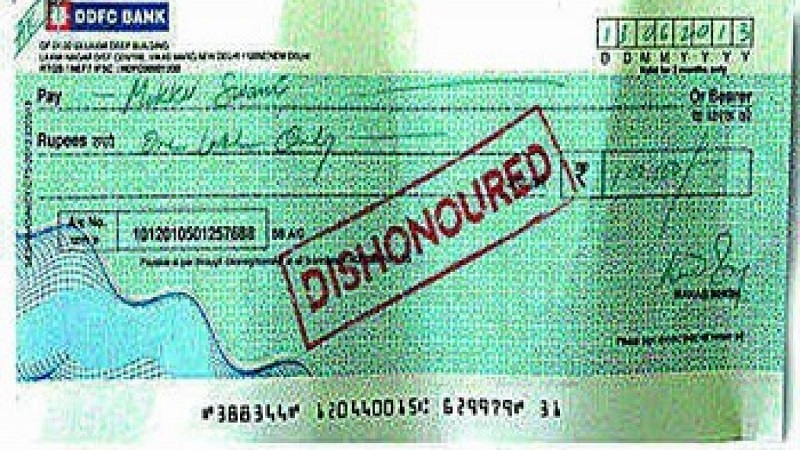Supreme Court issues directions for changes in process of disposal of cheque bounce cases
In Re: Expeditious Trial of Cases under Section 138 of N.I. Act 1881 [Suo Motu Writ Petition (Crl.) No. 2 of 2020]
Brief: In the instant suo moto petition, the Hon’ble Supreme Court examined the cause for delay in cheque bounce cases and issued directions for early disposal of these cases after it came across a SLP in which dispute had been pending for 16 years.
RELEVANT PARAGRAPH
24. The upshot of the above discussion leads us to
the following conclusions:
1) The High Courts are requested to issue practice directions
to the Magistrates to record reasons before converting trial of complaints
under Section 138 of the Act from summary trial to summons trial.
2) Inquiry shall be conducted on receipt of
complaints under Section 138 of the Act to arrive at sufficient grounds to
proceed against the accused, when such accused resides beyond the territorial
jurisdiction of the court.
3) For the conduct of inquiry under Section 202 of
the Code, evidence of witnesses on behalf of the complainant shall be permitted
to be taken on affidavit. In suitable cases, the Magistrate can restrict the
inquiry to examination of documents without insisting for examination of
witnesses.
4) We recommend that suitable amendments be made to the
Act for provision of one trial against a person for multiple offences under
Section 138 of the Act committed within a period of 12 months, notwithstanding
the restriction in Section 219 of the Code.
5) The High Courts are requested to issue practice directions
to the Trial Courts to treat service of summons in one complaint under Section
138 forming part of a transaction, as deemed service in respect of all the
complaints filed before the same court relating to dishonour of cheques issued
as part of the said transaction.
6) Judgments of this Court in Adalat Prasad (supra)
and Subramanium Sethuraman (supra) have interpreted the law correctly and we
reiterate that there is no inherent power of Trial Courts to review or recall
the issue of summons. This does not affect the power of the Trial Court under
Section 322 of the Code to revisit the order of issue of process in case it is
brought to the court’s notice that it lacks jurisdiction to try the complaint.
7) Section 258 of the Code is not applicable to
complaints under Section 138 of the Act and findings to the contrary in Meters
and Instruments (supra) do not lay down correct law. To conclusively deal with
this aspect, amendment to the Act empowering the Trial Courts to
reconsider/recall summons in respect of complaints under Section 138 shall be
considered by the Committee constituted by an order of this Court dated
10.03.2021.
8) All other points, which have been raised by the
Amici Curiae in their preliminary report and written submissions and not
considered herein, shall be the subject matter of deliberation by the
aforementioned Committee. Any other issue relating to expeditious disposal of
complaints under Section 138 of the Act shall also be considered by the
Committee.
